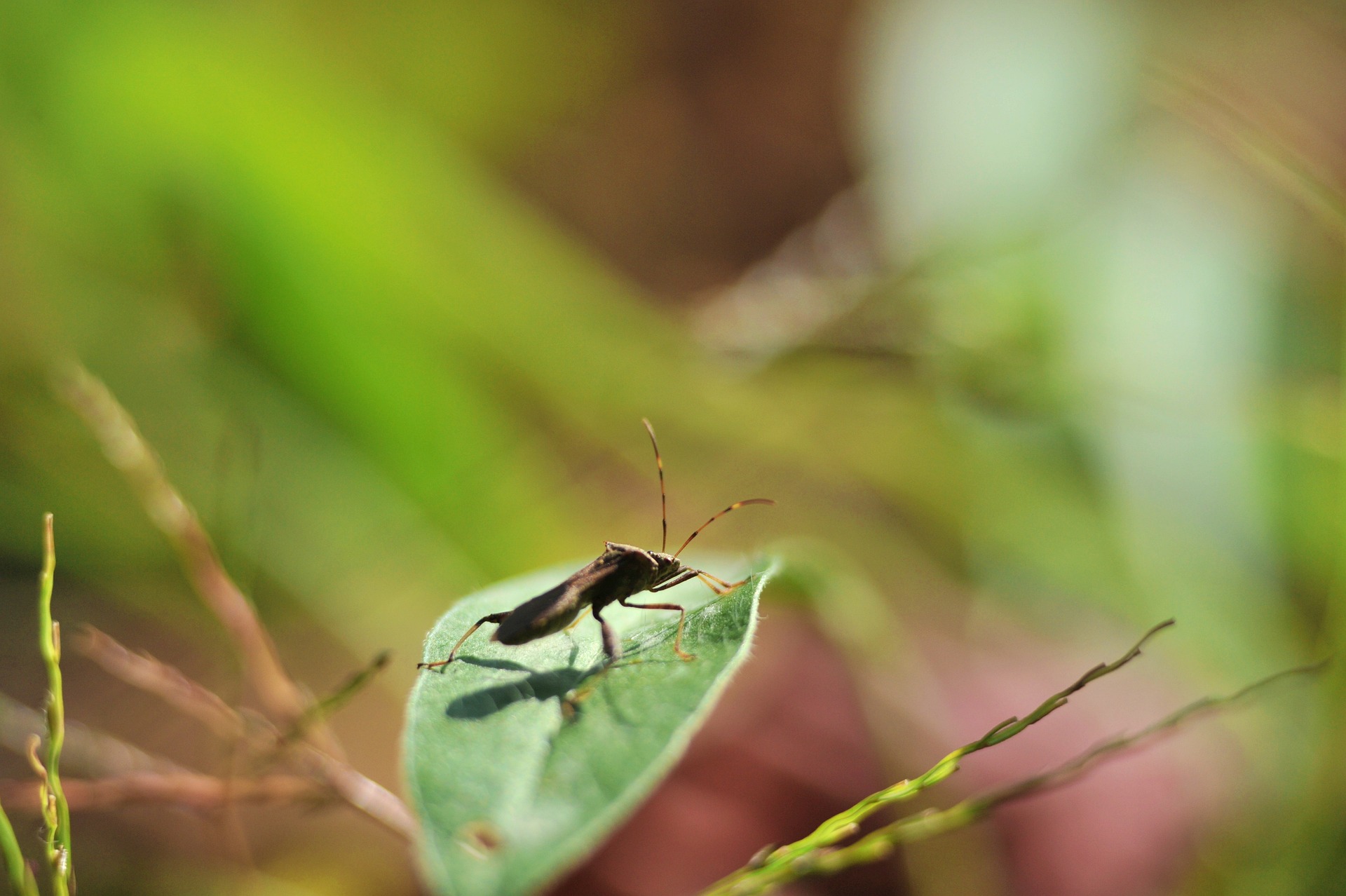
The Washington Post tries to sensitise
This time, the paper published an article on salted ants, suggesting that eating insects actually has a beneficial effect on both the environment and on our health. This is not the first attempt to try and force the eating of insects on people.
For the umpteenth time, The Washington Post has put out another article informing its readers of the benefits of choosing an insect-based diet.
The recent article does not mince words and directly asks the question: „Would you eat insects to help save the planet?”. The question was already asked by the Washington Post in 2019, in a similar article promoting bug consumption.
For nearly a decade, the newspaper has been trying to convince people that eating insects is a better choice than meat. It is possible that these efforts are connected to climate protection fanatics who suggest that eating less meat will reduce emissions. The New York Times is doing the same thing as the Washington Post: when it happens to not be promoting cannibalism, it publishes articles encouraging people to consume bugs.
Back to the article in question, which tells the story of an American naturalist, Lisa Sanchez, who feeds some children with bugs as part of a programme. Sanchez encourages people to eat insects to reduce their environmental impact. According to her argument, farmed insects produce much less greenhouse gases and require much less land and water than traditional animal husbandry.
The article also points out that in Africa, Latin America and Asia, the consumption of insects was considered normal for centuries.
But the craze is not only spreading overseas. As V4NA has already reported, recently in the first episode of the Aldi supermarket chain’s new show, one product proved to be particularly divisive among the viewers and jury alike. In the programme, small producers compete to have their products sold in Aldi. Julie Ashfield, the store chain’s buyer, tries each product and tells the businesses whether she thinks they will work for Aldi.
One of the competing businesses used crickets and insects to prepare ready-to-eat food. Founders of the business, Leo and Aaron, explained how sustainable eating insects is compared to other protein sources.
Recently, mainstream media outlets have come up with yet another argument why people should switch from consuming meat to eating insects. As in the wake of rising electricity and fuel costs, food prices have also jumped, these outlets target those living in worsening financial conditions claiming that they could make ends meet from less money if they started to eat crickets and bugs.
However, not only multinationals and the media, but certain countries are also actively engaged in campaigning for a change in lifestyle. The United Kingdom has launched a 50-thousand-pound project to promote insect-based diets and the farming of insects in the Democratic Republic of Congo and Zimbabwe. The aid project funded by the British government aims to encourage the farming of migratory locusts and black soldier flies. These are some of the insects to be put on the menu for the locals to eat.
The project aiming to create insect farms was announced after South Korean scientists published a study outlining how eating caterpillars could help humanity survive in a future world where food is scarce.
The European Union also takes the issue – providing support for insect eating – rather seriously, and it closely cooperates with International Platform of Insects for Food and Feed (IPIFF), a non-profit organisation. IPIFF’s main mission is „to promote the wider use of insects as a complementary or new source of protein for human consumption and animal feed through a continuous dialogue with the European institutions.”
Tags:

